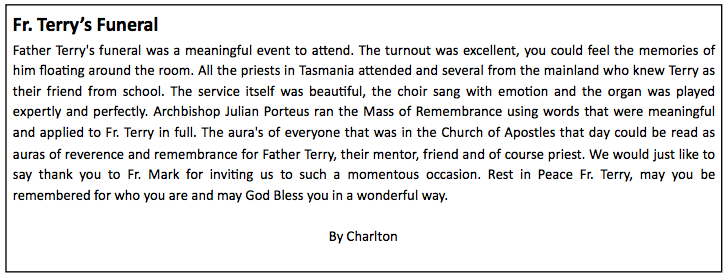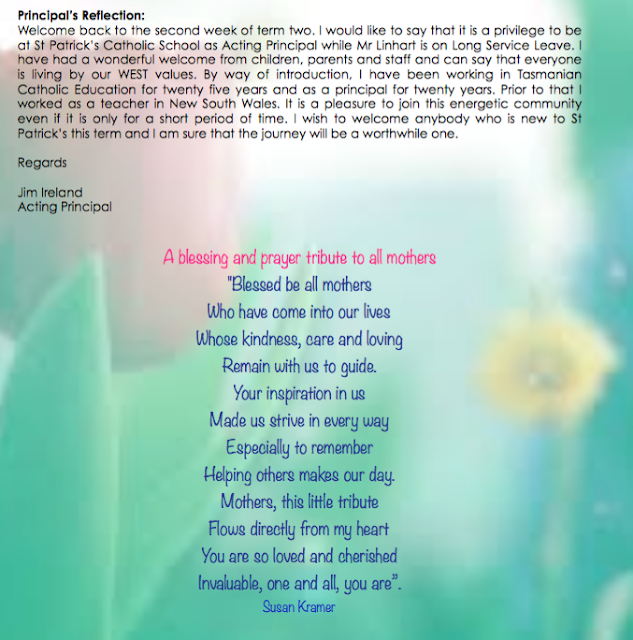Yet you have made him
little less than a god;
with glory and honour you
crowned him,
gave him power over the
works of your hand,
put all things under his
feet.
Psalm 8:5 – 6
It is a particular obsession of Christians
that they need to know the nature of God. Their journey to the Trinitarian
doctrine, missing – as we understand it – from the Hebrew and Christian
scriptures, emerged in the 4th century in clarifying concerns with
the Arius and his followers. The debate flourished until the Council of
Florence in 1442, ever since then Christians have attempted to reconnect the
doctrine to the daily life of believers.
It is not unreasonable given that God is
pretty well central to our being Christian, that we should have some idea about
who and what s/he is. We preface our moments of prayer with the Trinitarian
sign of the cross and are blessed at the end of our worship in the name of the
Father, Son and Holy Spirit. But I suspect that a discussion on the Trinity
with most Christians would be somewhat brief.
God, both the word and the idea itself are,
in fact, human constructions – we use words, images, analogy, metaphor – but
they are all we have. Our words cannot encapsulate who or what God is, s/he is
beyond our constructions, beyond our ideas and notions. God is God. If we could
name his/her nature, would s/he still be God or only the extent of our
imagination? Despite this, millions upon millions of words have been written,
arguments and counterarguments tendered, excommunications, the church fractured
into east and west. Of all Christian doctrines, the Trinity is the one most
likely to evade us, and when we can no longer put words to it, we roll out the
word ‘mystery’.
The writer of Psalm 8, on the other hand,
focuses not on God, but on humanity. It is not how we describe God that is
important, but it is the esteem, the glory and honour that God gives us, his
creatures, that he would choose us out of all living creatures to rule over his
creation. It is about relationship:
the unreachable God, the numinous God, the
God-whom-we-cannot-adequately-describe, the God beyond our comprehension - in
our Christian tradition s/he is accessible
and knowable. In our Abrahamic tradition the God who reveals her/himself to
Moses at the burning bush is I am who I
am. Our tongues and minds will never grasp the fullness of God, but what we
grow towards is a sharing in the divinity that is God, for we have been made
little less than gods (cf Ps 8:5)
The Catholic
encyclopedia (p. 1270) neatly summarises this complex
doctrine: “We are saved by God through Jesus Christ by the power of the Holy
Spirit. This coming Sunday is Trinity Sunday.
Peter Douglas
HEAD OF SCHOOL SERVICES, NORTH
THE PRAYER OF CHARITY
by Ron Rolheiser OMI
God is
found in solitude and silence! Few reputable spiritual traditions dispute this.
Longstanding in Christian tradition is the dictum that nobody makes progress
in the spiritual life unless he or she prays, alone and in silence, for an hour
a day.
Moreover,
even pop psychology insists that the key to psychic health and mental hygiene
is regular withdrawal from the rat-race, a substantial and sustained period of
silence every day.
I am
not one to argue with that. That an hour of silence every day would do marvels
for our spiritual, psychic and even physical health is, I believe,
indisputable.
What’s
more problematic is finding the time to do it. In spite of good intentions,
practically, realistically in fact, most of us cannot (or, at least, certainly
do not) find the time to take an hour a day away from everything for solitude
and prayer. Pressures beset us from within and without and we simply do not, on
a daily basis, pull away for an hour of silence and payer.
Many
of us feel uneasy about this and our anxiety is often compounded by feelings of
guilt when we are accused, by ourselves or by others, of being workaholics,
addicts and persons who cannot find any meaning outside of their work.
What’s
to be said about all of this? Is it impossible to make progress spiritually and
to stay healthy psychologically without substantial daily periods of silent
withdrawal?
One
should always be uneasy when he or she does not have, on a daily basis, a
regular period of silent prayer and withdrawal. But, as in everything else, we
must be careful not to become fundamentalistic about this. The call to find God
in silence and withdrawal too can become an idol. Let me try to explain:
Carlo
Carretto, one of the leading spiritual writers of our century, tells the story
of how, after spending nearly 25 years alone as a hermit in the Sahara Desert,
he realized that he was not nearly as contemplative, prayerful and unselfish as
had been his mother who, for most of her adult life, had been so busy with the
duties of raising her children that she had virtually no time alone for
solitude and prayer.
During
most of the years of her adult life, her life had been so completely taken up
in responding to the needs of others, her family, the church and the community
at large, that she rarely had time for an hour of prayer and solitude. Yet,
despite her busyness, she consistently grew in prayer and unselfishness.
Carretto
draws an interesting conclusion from this. Rather than suggest that there was
anything wrong with what he did as a hermit in the desert, he hunches that
there was something very right about his mother’s total self-abnegation all
those years when her whole life was taken up in responding to the needs of
those around her.
That
self-giving did for her exactly what countless hours of formal prayer might
have done. It helped break her narcissism, displaced her from her own
selfishness and consecrated her through a true baptism—immersion into the
demands of charity. She prayed by conscription!
When
Jesus consecrated Peter, he set him on a rock and, three times, asked him: “Do
you love me?” Each time that the question was asked, Peter protested loudly
that he did. Finally, after Peter’s third pledge of love, Jesus said to him:
Because you said this, your life will radically change. “Up to now you girded
your belt and you walked wherever you liked.” Now, because you have given
yourself in love, “others will put a belt around you and lead you where you
would rather not go!”
All
true prayer, formal or ether, does exactly that. It puts a belt around us and
takes us where we would rather not go. In the case of Carretto’s mother, as in
the case of millions of other dedicated (and hurried, hassled, tired and
guilt-ridden) women and men, the demands of life-of children, marriage, vocation,
job, church politics, neighborliness, and mortgage payments—when responded to
with a gracious heart, do exactly what proper formal prayer and solitude will
do—they put a belt around you and walk you where, by your own choice, you would
never walk.
They
walk you where the deep demands of God and love call you to be.
God is
found in silence and solitude… the saints are right in suggesting an hour of
silence and prayer every day. Sometimes, though, and perhaps for many of the
years of our adult lives, duties of state, circumstance and the only edict that
can never be idolatrous—the demand to respond in charity—conscript us to a life
of prayer that has very different contours but the same results.









































































